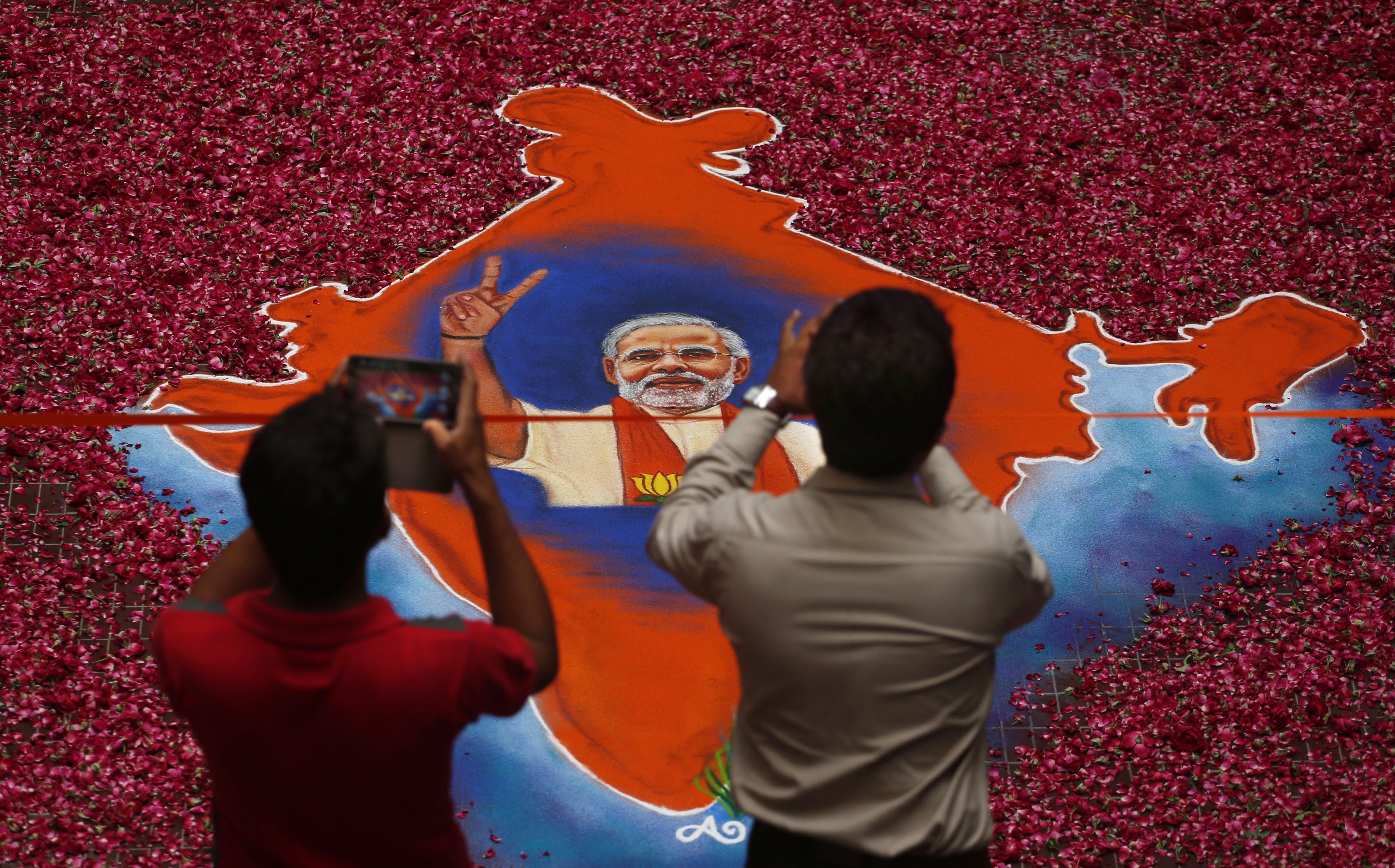About a year ago Narendra Modi sat down with some of India's best and brightest to mount what one election strategist called a "shock and awe" campaign.
From an unmarked office in Gandhinagar, the capital of Modi's home state of Gujarat, the young men and women, some on sabbaticals from firms like JP Morgan and Deutsche Bank, worked on turning a fragmented parliamentary election involving 543 seats into a presidential-style referendum on candidate Modi.
In doing so, Modi cut loose from the traditional Delhi-based structure of his Bharatiya Janata Party and its apparatchiks and adopted the language of a youthful country eager for change, using everything from holograms to WhatsApp.


















With your current subscription plan you can comment on stories. However, before writing your first comment, please create a display name in the Profile section of your subscriber account page.